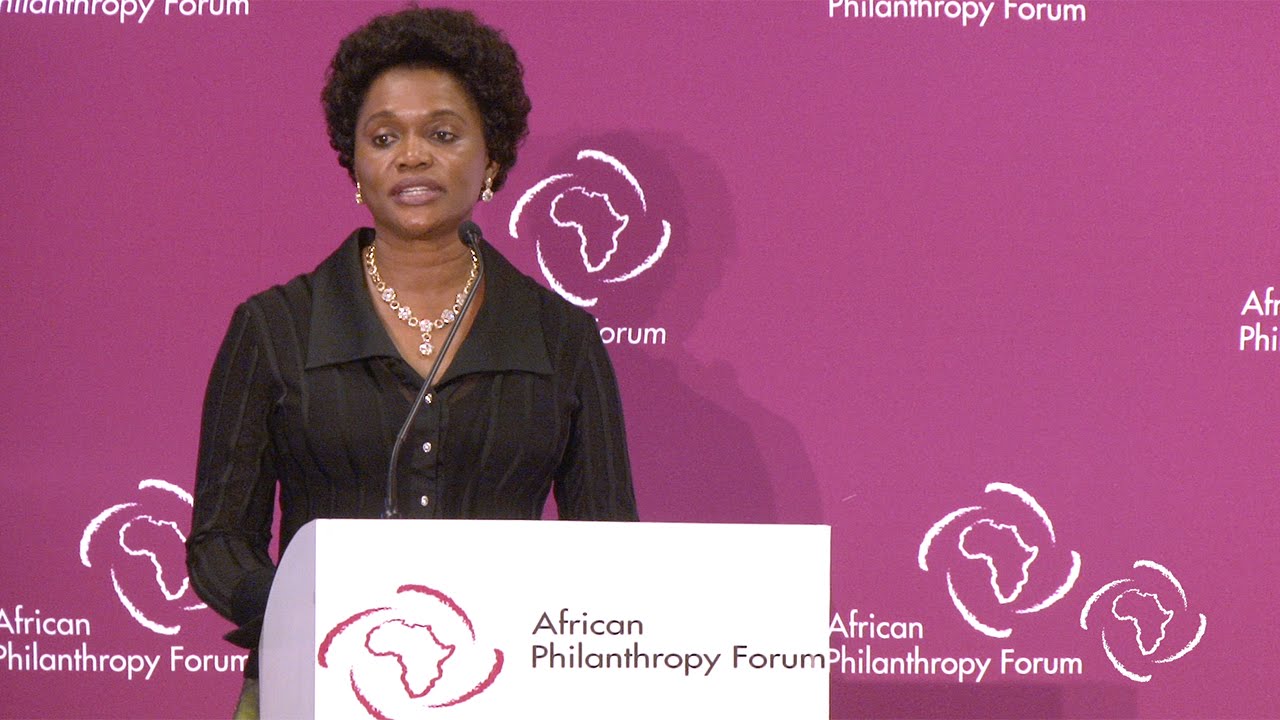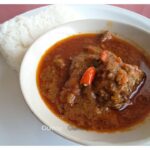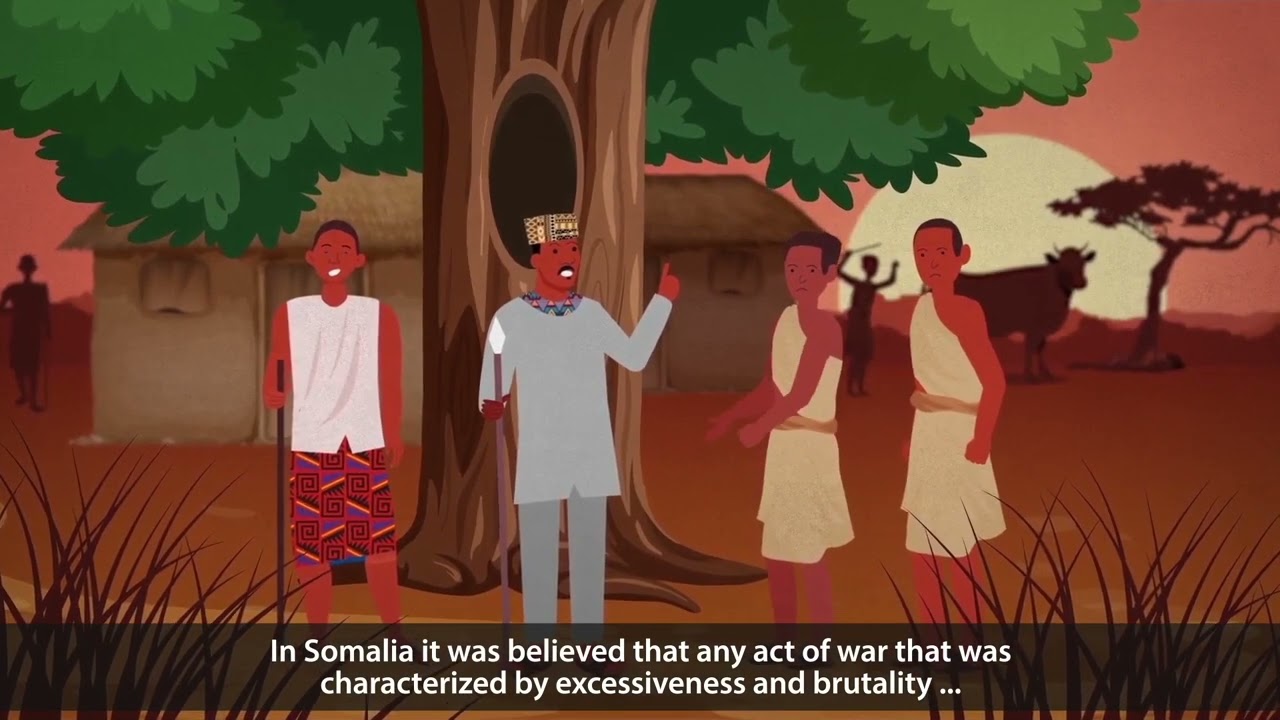While much has been said about quantifiable development goals such as access to health or education, less attention has been devoted to the need to integrate culture and tradition in development programs. But we now see a greater appreciation of their role — as drivers of national development necessitating cultural policies that attract jobs and growth around cultural assets, as well as enablers of development leading to the review of cultural dimensions in all public policies. Development that is sensitive to local circumstances advances a human-centered and inclusive approach, builds tolerance for differences, engages many stakeholders and is more likely to succeed and be sustained. How can culture and traditions be leveraged to build inclusive societies? What is the role of traditional leaders in this process?
Special Address
HRH Sylvia Nagginda, Queen of Buganda Kingdom, Uganda
Introduced by Tsitsi Masiyiwa, Founder and Co-chair, Higher Life Foundation
source













Brilliant presentation.
Wow what a presentation! Thanx nabagereka
When was this pliz ?